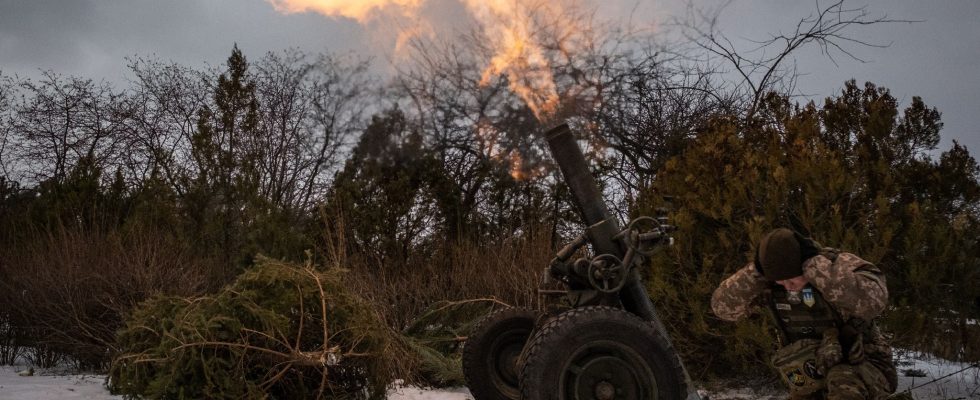Two years ago, on February 24, we witnessed, incredulously, these images of Russian tanks crossing the Ukrainian border. We were tempted to believe in the morning rebroadcast of a documentary on the Second World War before we faced the facts. However, it was incredible. Before this date, who would have given credence to the hypothesis of a conflict generating on European soil hundreds of thousands of killed and wounded, warships sunk, dozens of tanks and planes destroyed? Who would have thought that threats to use nuclear weapons would be made?
Yet that is what happened. Since then, Hamas has attacked Israel and the Houthis have attacked maritime traffic in the Red Sea. Donald Trump’s statements have caused confusion and Ursula von der Leyen believes that a war in Europe is not impossible. The Russians continue their offensive. Without anyone being surprised, the President of the Republic publicly spoke of a prospect that everyone fears, that of not being able to escape the sending of Western troops to Ukraine.
Because we have to face reality. Yes, Europe is at a crossroads. His destiny belongs to him and it will be the result of our decisions and our actions. And, more than ever, these actions must arise from our debates. We will do nothing without understanding the perceptions of our partners and allies on the political, economic and military levels; without having understood, also, what motivates those whose frightening headlong flight we must stop.
This is the reason why the Defense Academy of the Military School, which since last October has brought together the twenty training and research centers gathered there – a unique grouping in Europe –, organizes on March 13 and 14 the first Paris Defense and Strategy Forum on this theme of Europe at the crossroads.
For two days, within the walls of the institution created in the 18th century by Marshal de Saxe, a European officer if ever there was one, more than 60 meetings will bring together 220 speakers from five continents and several thousand participants. They will examine together the unprecedented situation in Europe. Its defense industry, the human resources of its armies, the consequences of the climate crisis, its digital sovereignty and the means to combat disinformation. They will analyze the new military situation in the land, naval, air and space fields. They will consider prospects for its defense and security architecture.
These issues will be examined by parliamentarians, military leaders, business leaders or academics and the chief of staff of the armed forces. The presence alongside the Minister of the Armed Forces of the President of the Republic of Lithuania, Gitanas Nausėda, guest of honor, and the presidents of the defense committees of the French, British, German and Italian parliaments is only one of the signs of this what France represents in Europe today. The organization of an event of this type, in Paris, is a sign of the vitality and attractiveness of our think-tank institutions, which take advantage of both the rich French military culture and their ability to engage in the international debate.
The editorial line of the forum highlights everything to which we are attached: the need for Europe to assert itself as a strategic actor concerned by geopolitical developments, in the East of course but also in the Mediterranean, Africa and in the Indo-Pacific. A Europe able, thanks to the European Union, to mobilize its resources in the areas of digital technology, economic security and technological excellence. A Europe which naturally relies on the military alliance that is NATO as well as on each of the European military capabilities, first and foremost those of France, whose current programming law sets the pace for the rise in power in the areas nuclear and conventional.
With the Paris Defense and Strategy Forum, France, faithful to its vocation as a spur for reflection, will thus be able to satisfy the urgent need to contribute to the awakening of the European defense and security debate. Our common future is at stake.
